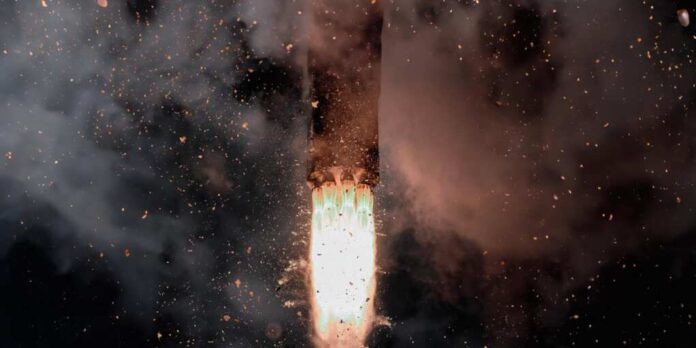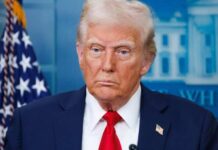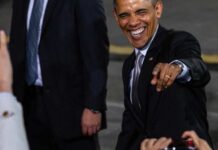
Iran is reportedly stockpiling critical ballistic missile materials—thanks to a bulk shipment deal with the Chinese Communist Party. According to sources speaking with The Wall Street Journal, Tehran has secured thousands of tons of ammonium perchlorate, a powerful oxidizer used in solid rocket propellant.
This chemical compound isn’t just useful—it’s a core component in medium and long-range ballistic missile systems. And the sheer scale of the shipment is enough to fuel hundreds of missiles.
Analysts now believe the massive supply isn’t just for Iran’s domestic arsenal. Some expect it will be used to restock regional terror groups like the Houthis in Yemen, who have recently escalated attacks in the Red Sea and struck American and allied ships. These groups, backed by Iran’s Islamic Revolutionary Guard Corps (IRGC), have long been a proxy for Tehran’s ambitions beyond its borders.
If true, the deal is another glaring example of China enabling rogue regimes. Beijing continues to defy global norms, openly providing sensitive materials to Iran despite ongoing sanctions and warnings from the international community. This development puts the Biden-era “China cooperation” narrative in the rearview mirror. Under President Trump’s second term, intelligence and defense officials have doubled down on exposing China’s deep involvement in destabilizing global security.
“This isn’t just about Iran,” one U.S. defense source told the WSJ. “This is about the Chinese Communist Party actively enabling a state sponsor of terrorism to build up a ballistic missile stockpile that can threaten Israel, the Gulf, and even U.S. troops.”
Ammonium perchlorate has long been a red flag for nuclear watchdogs and weapons inspectors. It’s difficult to produce in large quantities domestically without major industrial infrastructure—something Iran has struggled with due to sanctions. That’s what makes China’s help so significant.
The shipments are reportedly scheduled to continue arriving in Iran over the coming months. The U.S. intelligence community is on high alert, watching for potential distribution to known IRGC-controlled militias and weapons factories. If these materials reach groups like Hezbollah or Iraqi Shia militias, it could significantly expand the threat landscape across the Middle East.
The timing is also notable. Just days ago, President Trump reaffirmed his commitment to pulling the U.S. out of failed multilateral talks with Tehran and slammed Iran’s “slow-walking” of negotiations. The administration has warned that unless Iran fully abandons its nuclear ambitions, “all options are on the table.”
This revelation could explain why Trump’s national security team is reportedly considering further sanctions and pressure campaigns—this time aimed at Chinese entities facilitating military expansion in the Islamic Republic.
Whether this arms deal leads to another flashpoint remains to be seen. But for now, the world knows what’s coming: a hostile Iran, a willing China, and a president determined to stop them both.












